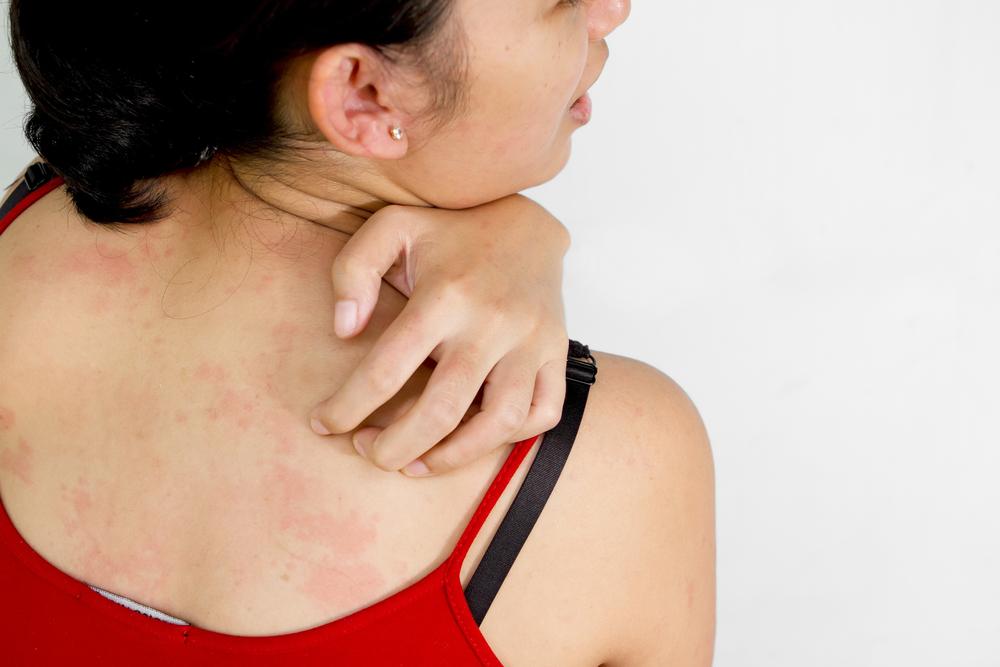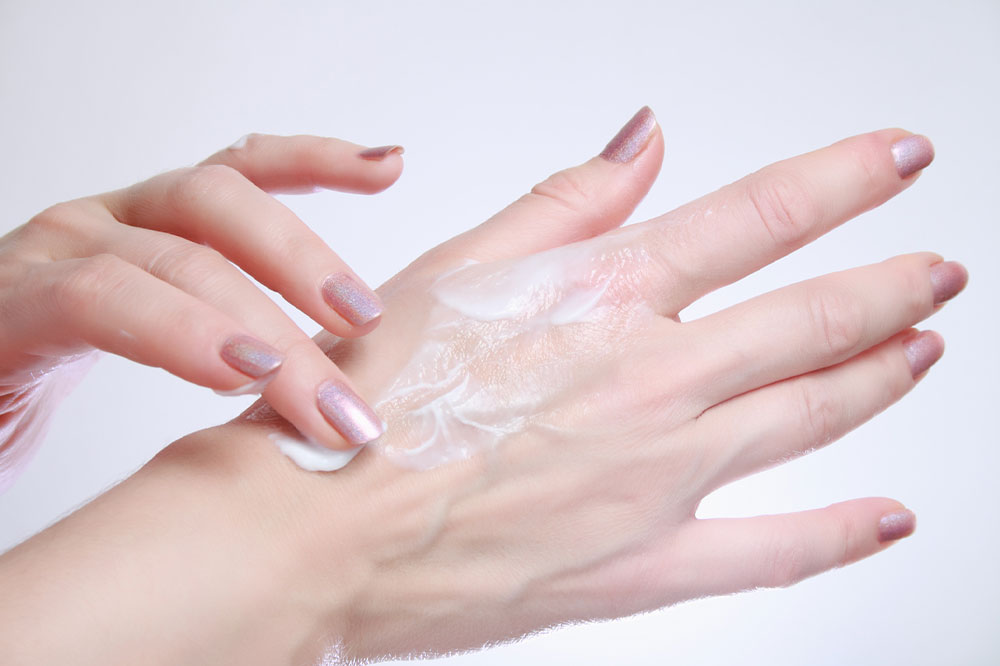Understanding Eczema: Signs, Risks, and Effective Management Strategies
Eczema, or atopic dermatitis, is a prevalent skin condition characterized by dry, itchy patches that can affect people of all ages. It stems from immune system reactions and environmental triggers, leading to discomfort and potential complications like infections and skin thickening. Treatment includes topical medications, skincare routines, and lifestyle modifications to reduce flare-ups. Understanding the signs and causes of eczema is essential for effective management and preventing aggravation. Lifestyle changes, proper skincare, and medical therapies can help control symptoms and improve overall skin health.

Understanding Eczema: Signs, Risks, and Effective Management Strategies
Eczema, also known as atopic dermatitis, is a common inflammatory skin disorder characterized by dry, itchy, and irritated skin. It affects individuals across all age groups, including infants, children, and adults, often persisting for months depending on severity. The condition typically manifests as rashes on the face, behind the knees, hands, feet, or wrists, leading to significant discomfort and discoloration of the skin.
The affected skin can become dry, thickened, and discolored. In infants, eczema can cause oozing, crusting, and patches across the face and scalp. While the exact cause remains unknown, it's believed to be linked to an overreactive immune system. Exposure to irritants like harsh soaps, household chemicals, and animal dander can exacerbate symptoms.
Other common triggers include contact with coarse fabrics, detergents, and certain allergens. The hallmark signs of eczema include:
Red, dry, and itchy patches on various parts of the body
Persistent itching, especially at night
Swollen, raised bumps that may leak fluid if scratched
Scaly, sensitive skin prone to further irritation
Complications may arise from eczema, such as:
Sleep disturbances: Itching intensifies at night, disrupting sleep
Secondary infections: Cracked skin can become infected
Chronic skin thickening: Excessive scratching can lead to lichenification
Respiratory allergies: Conditions like asthma and hay fever often accompany eczema
Treatment options include:
Topical ointments like hydrocortisone and antihistamines
Gentle skincare routines with mild cleansers and moisturizers
Humidifiers to maintain skin hydration
Phototherapy with targeted ultraviolet light for severe cases
Stress management and dietary adjustments to reduce flare-ups
Adopting a healthy lifestyle and avoiding known triggers can significantly minimize flare-ups. Using moisturizers, maintaining a balanced diet, and managing stress are vital. Proper education about eczema helps better control and alleviate symptoms, improving quality of life.
Note:
Our blog provides broad informational content based on research and data. Readers should view this as a general guide and consult healthcare professionals for personalized advice. The website cannot be held responsible for discrepancies or missing details related to individual cases or other platforms. Always seek professional opinion for diagnosis and treatment options.










